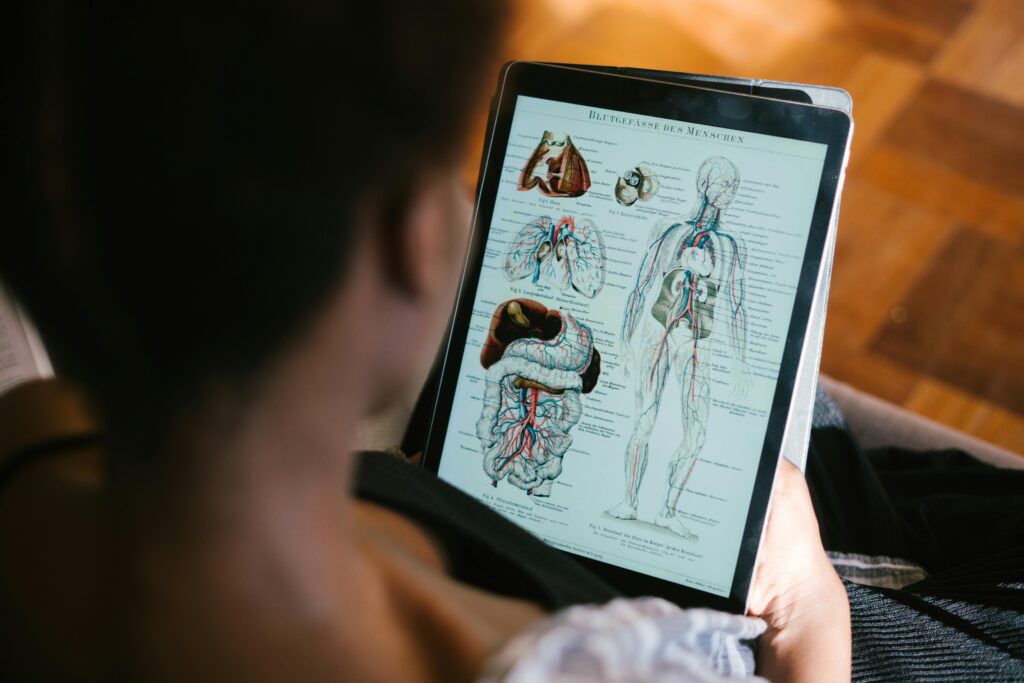Table of Contents
Introduction:
An anal fissure is a common but often painful condition that affects many people at some point in their lives. This small tear or crack in the skin around the anus can cause discomfort, especially during bowel movements. It can also lead to bleeding and a burning sensation. Understanding the causes, symptoms, and effective treatments is essential to managing this condition and finding relief. In this article, we’ll discuss the best anal fissure treatments that can help heal the condition quickly and prevent further discomfort.

Causes and Risk Factors of Anal Fissures
The most common cause of anal fissures is passing hard stools during constipation. This puts pressure on the anal skin, causing it to tear. Other causes can include:
- Chronic diarrhea: Frequent bowel movements can irritate the skin and lead to fissures.
- Childbirth: Vaginal delivery can sometimes cause tears around the anus.
- Anal sex: In some cases, the friction and stretching involved can lead to fissures.
- Inflammatory conditions: Diseases like Crohn’s disease can make the anal skin more prone to tears.
Being aware of these causes can help you avoid risk factors and take preventive measures to protect your health. Maintaining a balanced diet, staying hydrated, and managing digestive issues are crucial steps to minimize the chances of developing anal fissures.
Symptoms of Anal Fissures
If you have an anal fissure, you may experience the following symptoms:
- Sharp pain during or after bowel movements, which can last for minutes or hours.
- Bleeding: Bright red blood may appear on the toilet paper or in the stool.
- Itching or irritation around the anus.
- Swelling or visible tear at the anus.
- Painful spasms in the anal sphincter, making bowel movements even more difficult.
If you notice these symptoms, it’s crucial to seek treatment to prevent the condition from worsening or becoming chronic. Persistent anal fissures can lead to more severe complications, so early intervention is key.

Effective Anal Fissure Treatments
1. High-Fiber Diet
A high-fiber diet is one of the most effective ways to prevent and treat anal fissures. Fiber softens stool, making it easier to pass and reducing the strain on the anal area. Include more fruits, vegetables, and whole grains in your diet to increase fiber intake. You may also consider fiber supplements if you’re not getting enough fiber from your meals.
2. Sitz Baths
Taking sitz baths is a simple yet effective remedy for anal fissure pain relief. Soaking the affected area in warm water for about 10-15 minutes can help soothe the discomfort, reduce swelling, and promote healing. You can add Epsom salt to the water for additional relief, as it has anti-inflammatory properties.
3. Topical Treatments
Using topical creams and ointments can provide quick relief from pain and help heal the fissure. Nitroglycerin ointment and calcium channel blockers are commonly recommended by doctors. These treatments help increase blood flow to the affected area, which accelerates healing. Another option is hydrocortisone cream, which can help reduce inflammation.
4. Hydration
Drinking plenty of water is crucial for maintaining soft stools and preventing constipation. Aim for at least 8-10 glasses of water per day to keep your body hydrated and help avoid further fissures. Staying hydrated will also help flush toxins from your body, supporting overall digestive health.
5. Pain Relief Medication
Over-the-counter pain relievers, such as ibuprofen or acetaminophen, can help manage the pain caused by anal fissures. However, always consult your doctor before using any medication to ensure it’s suitable for you. If the pain persists, your healthcare provider may recommend stronger medication or a prescription-based treatment plan.

6. Stool Softeners
If you are experiencing constipation, using stool softeners can make bowel movements less painful and prevent further tearing of the anal skin. Common stool softeners like docusate sodium can help make stool passage smoother and less straining.
7. Surgical Treatment (in Severe Cases)
In rare cases where conservative treatments do not work, a surgical procedure known as a lateral internal sphincterotomy may be required. This surgery involves cutting a small portion of the anal muscle to relieve pressure and allow the fissure to heal. Surgery is typically considered when other treatments have failed, or the fissure becomes chronic.
Prevention Tips for Anal Fissures
Preventing anal fissures is possible with a few lifestyle adjustments:
- Eat a high-fiber diet to prevent constipation.
- Drink plenty of water to stay hydrated and soften stool.
- Exercise regularly to promote healthy bowel movements.
- Avoid straining during bowel movements by taking your time and using the bathroom regularly.
By following these tips, you can reduce the chances of developing anal fissures in the future and promote overall digestive health.
Conclusion
Managing and treating anal fissures doesn’t have to be complicated. With the right treatment options, such as dietary changes, topical ointments, and natural remedies like sitz baths, you can alleviate pain and promote healing quickly. If your fissure doesn’t improve or if you experience severe symptoms, it’s important to consult a healthcare provider for professional advice.
If you need more information or help with your health journey, feel free to contact us at Health Authentica.









